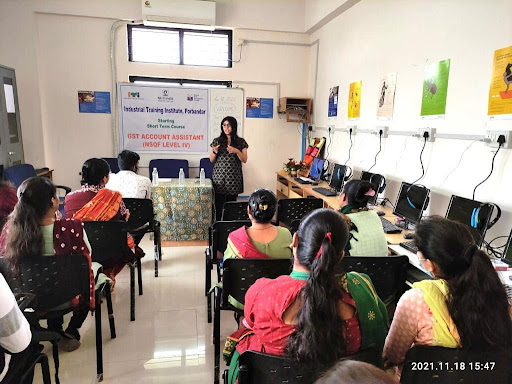
Career Guidance for the ‘Demographic Dividend’
- By Jazreen Deboo-- Copyeditor Ashwini Patekar--
- January 22, 2022
Youth Aspiration, Careers, Skill Development
Without essential information about job markets, it is difficult to create a career path and work towards it. This is a major reason for underemployment in our country.
The pandemic has compelled Indian educators to change their stance from bringing tech devices into classrooms to shifting entire classrooms into devices. This unprecedented disruption in the education system calls for a new strategy in the delivery of the curriculum. While students and teachers are still coping with this changing scenario, the world of jobs is evolving dynamically.
Employers are scrambling for talent with the requisite digital skills and calibre. The youth is disengaged with the latest skill requirements of the professional world and this gap is constantly increasing. According to the Scroll, “Come 2022, the median age in India will be 28, well below 37 in China and the US. The huge surplus of working-age people should have given the country a competitive edge. Instead, there has been an unemployment crisis. Skilled workers are rare. Of the 13 million youngsters that join the workforce each year, only one in four management professionals, one in five engineers, and one in 10 graduates are considered fit for jobs. Among the large swathes of college graduates, most are deemed unemployable.” [1]
I have spent the last year in Porbandar district, carefully identifying the systemic gaps in the skill development ecosystem and scoping out potential areas for employment. In my initial days, I conducted a Youth Aspiration Survey at the Industrial Training Institutes (ITI.) of Ranavav and Kutiyana. I interacted with 250 trainees face to face, which helped me understand the mindset of students who opt for skill development programs.
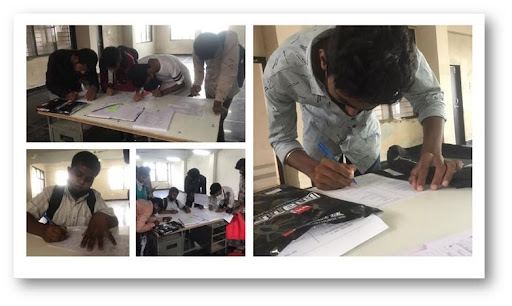
Students filling out Youth Aspiration Survey Form.
90% of the candidates were unable to envision future career prospects for themselves and had only enrolled for a particular course in the institute because of parental pressure, immediate income opportunities, or lack of other options.
72% of the candidates aspired for government jobs but were unaware of the qualifications/processes required to apply for one.
44% of the candidates expected to find employment in Porbandar District itself.
66% of the candidates showed interest in taking up short-term skilling courses. However, only 38% were aware of government-sponsored training programmes in the district.
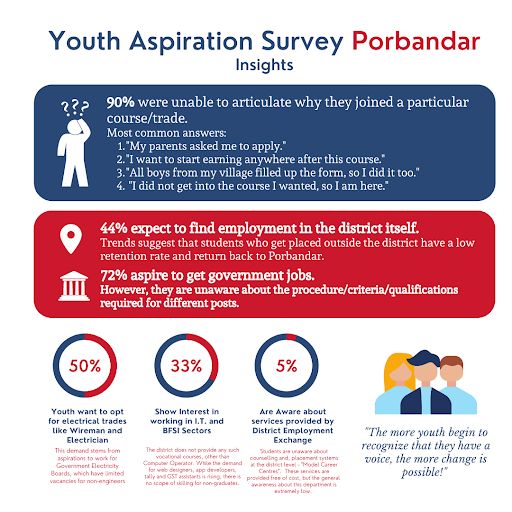
Insights from Youth Aspiration Survey conducted in Industrial Training Institute Ranavav and Kutiyana.
In a nutshell, we found a mismatch between the career goals, salary expectations, and areas of interest of the candidates. Most of these issues stem from an information asymmetry. Without the essential knowledge about job markets, it is difficult to create a career path and work towards it. This is also a major reason for underemployment in our country. The New Education Policy addresses some of these gaps with significant reforms in learning outcomes. However, ground-level implementors grapple with constraints which are region-specific, and their problems require decentralized solutions.
What role can the District Skill Committee play to provide affordable career guidance and counselling to the youth?
The District Skill Committee is a 15-member body at the district level that plans, implements, and monitors skill development under the chairpersonship of the District Collector.
With a proper convergence system in place, the DSC can bring together officers looking into education, employment, entrepreneurship, and skill development to design a district-specific model to provide career guidance services to students from the school level itself. It would also be beneficial to bring in experienced NGOs to assist with Training of Trainers in the district and create an army of schools equipped with the right tools and exercises to ensure that students pass out of the institution with a career plan. This would help the district administration understand the youth’s needs for skilling and accordingly prepare annual skill development plans to bring in relevant NSQF Level Courses and solve the mobilization problem with the available student-interest data.
District Skill Committees of Porbandar, Rajkot, Jamnagar, Surendranagar and Bhavnagar have initiated such a model named “Careernama” designed by MGN Fellows of their districts on a pilot basis, with Quest Alliance as a Knowledge and Training Partner.
Going beyond just solving the problem of information asymmetry
On a larger scale, we could also look at an omnichannel approach to career exploration, including a Career Program driven by a mobile application (in regional language) that can reach every village to provide a platform for students to understand themselves through a variety of aptitude, personality and interest tests and receive information about their chosen career path. The application could be a tool to impart soft skills training through video material, and even an option to video call with certified career counsellors in their district.

Vision for the potential Career Guidance Web/Mobile application.
Career Paths can also be entrepreneurial. The District Skill Committee can play an important role in mapping and identifying the entrepreneurship opportunities (especially in rural areas), and match this with the aspirations of the youth to mobilize and incubate new businesses. These start-ups can avail the benefits of government loan schemes implemented at District Level.
References: :
Ananya Bhattacharya, qz.com. (2021, December 27). How India is wasting its potential demographic dividend. Scroll.In.
https://scroll.in/article/1013555/how-india-is-wasting-its-potential-demographic-dividend

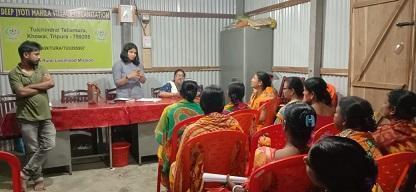
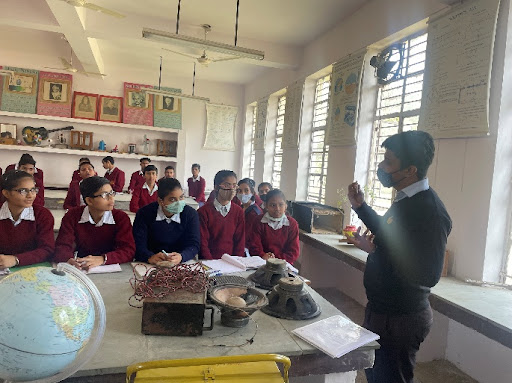
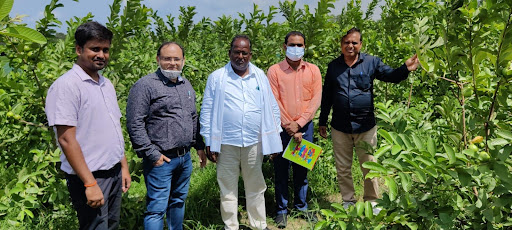
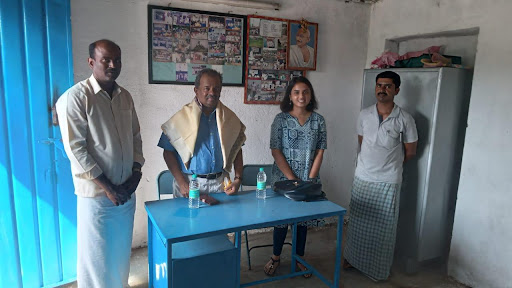

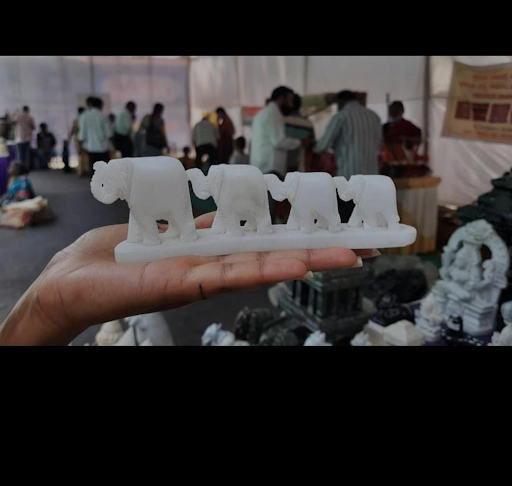
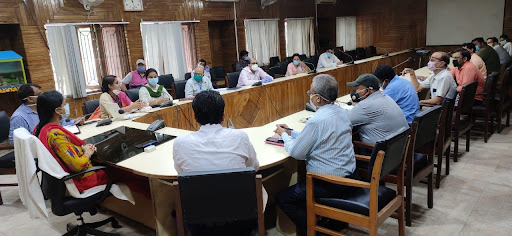
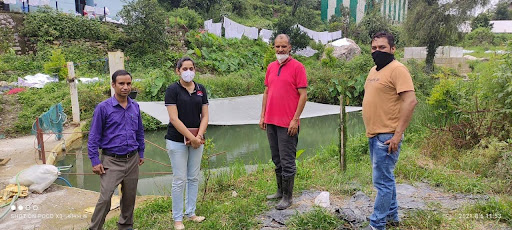





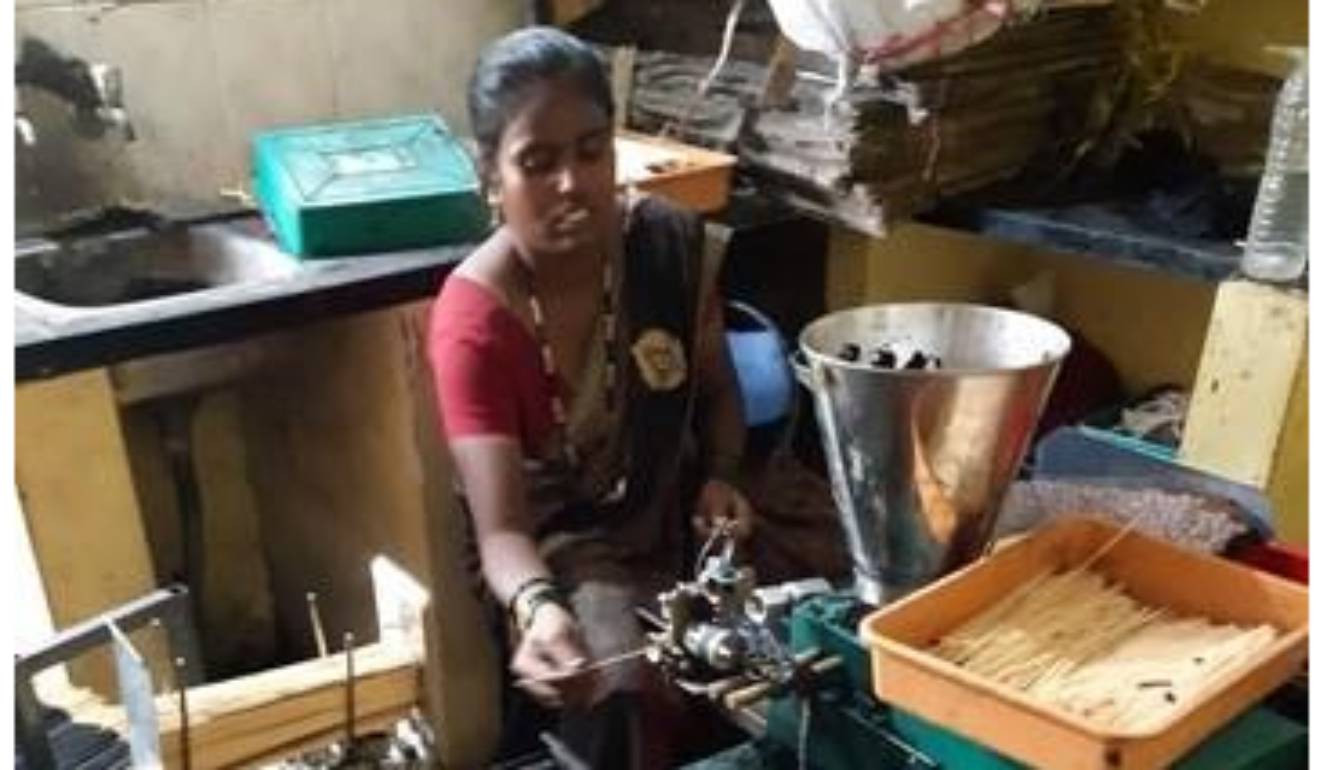



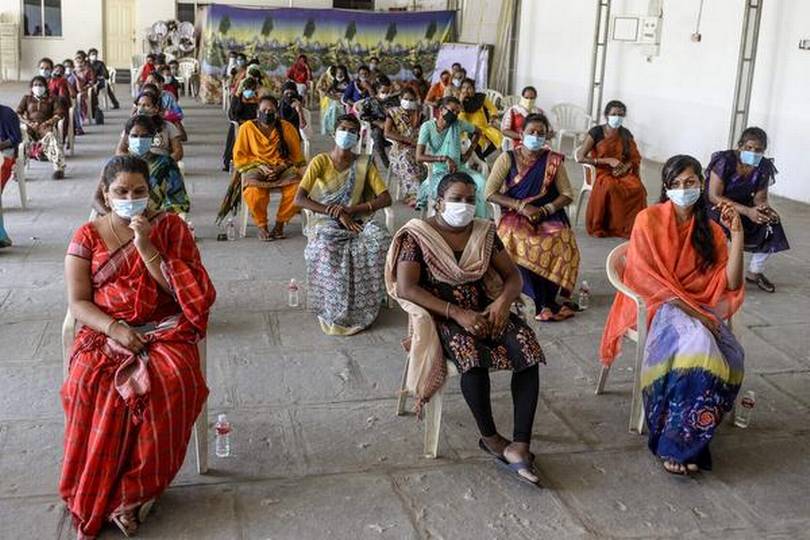













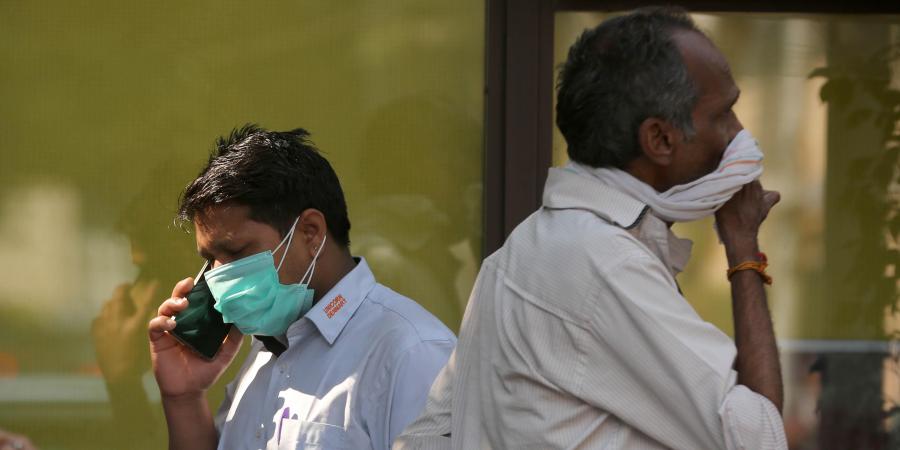





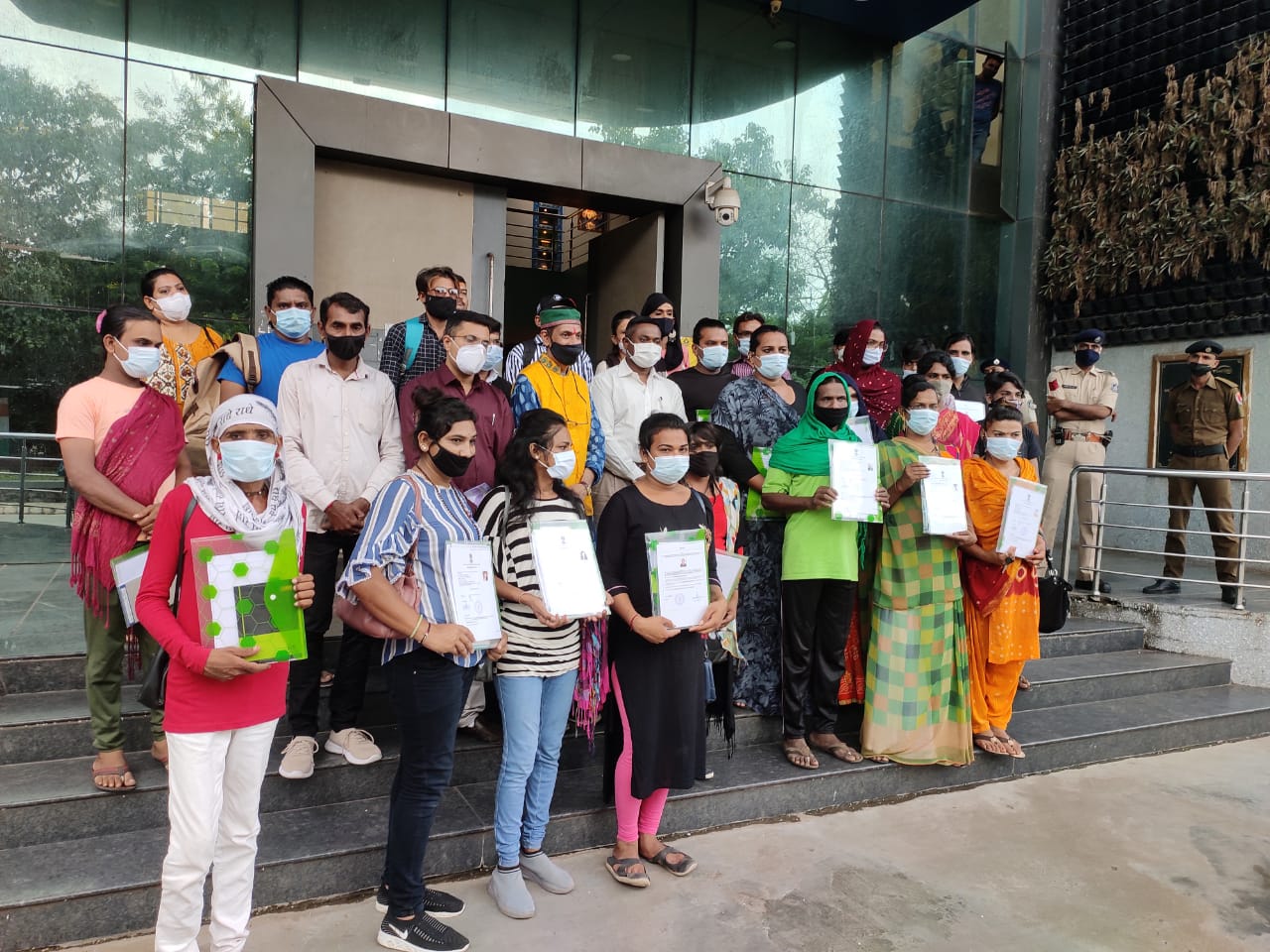
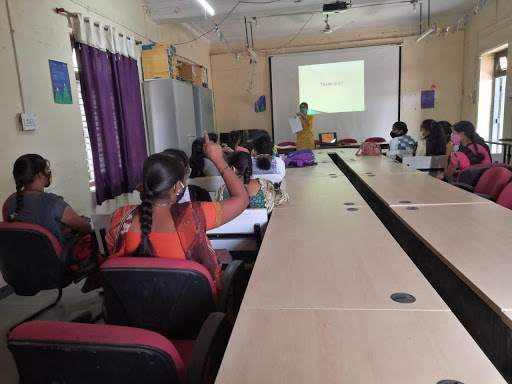



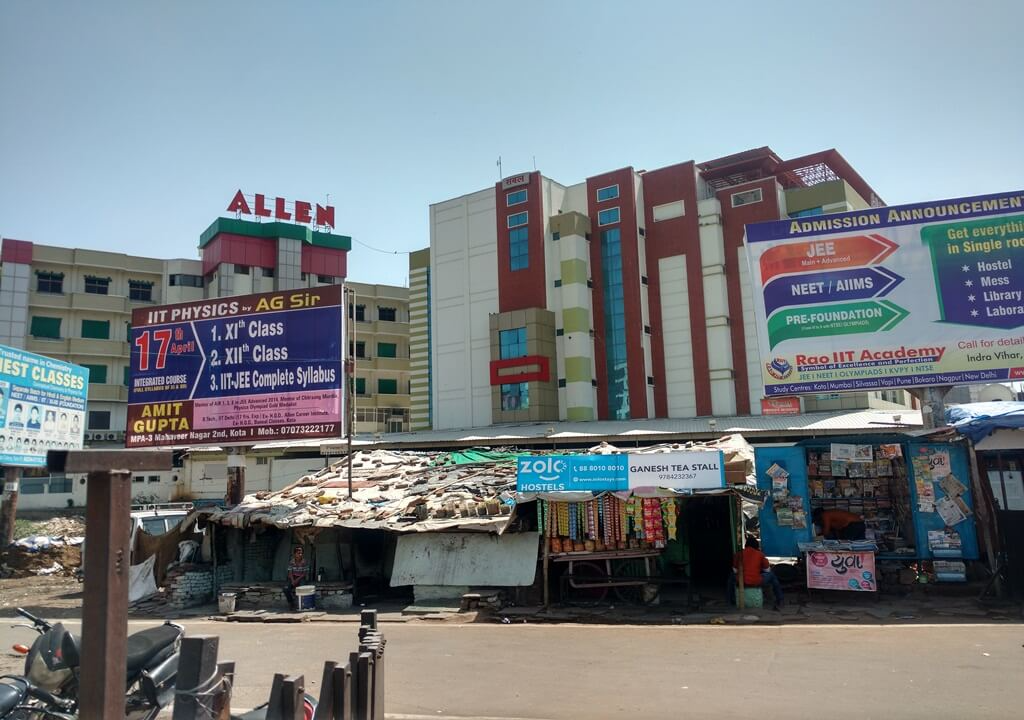
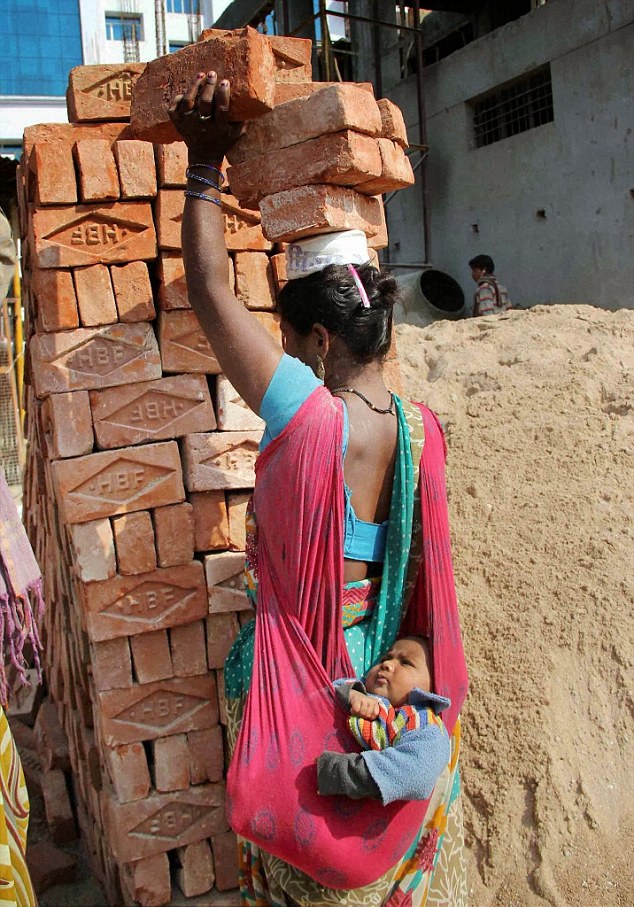

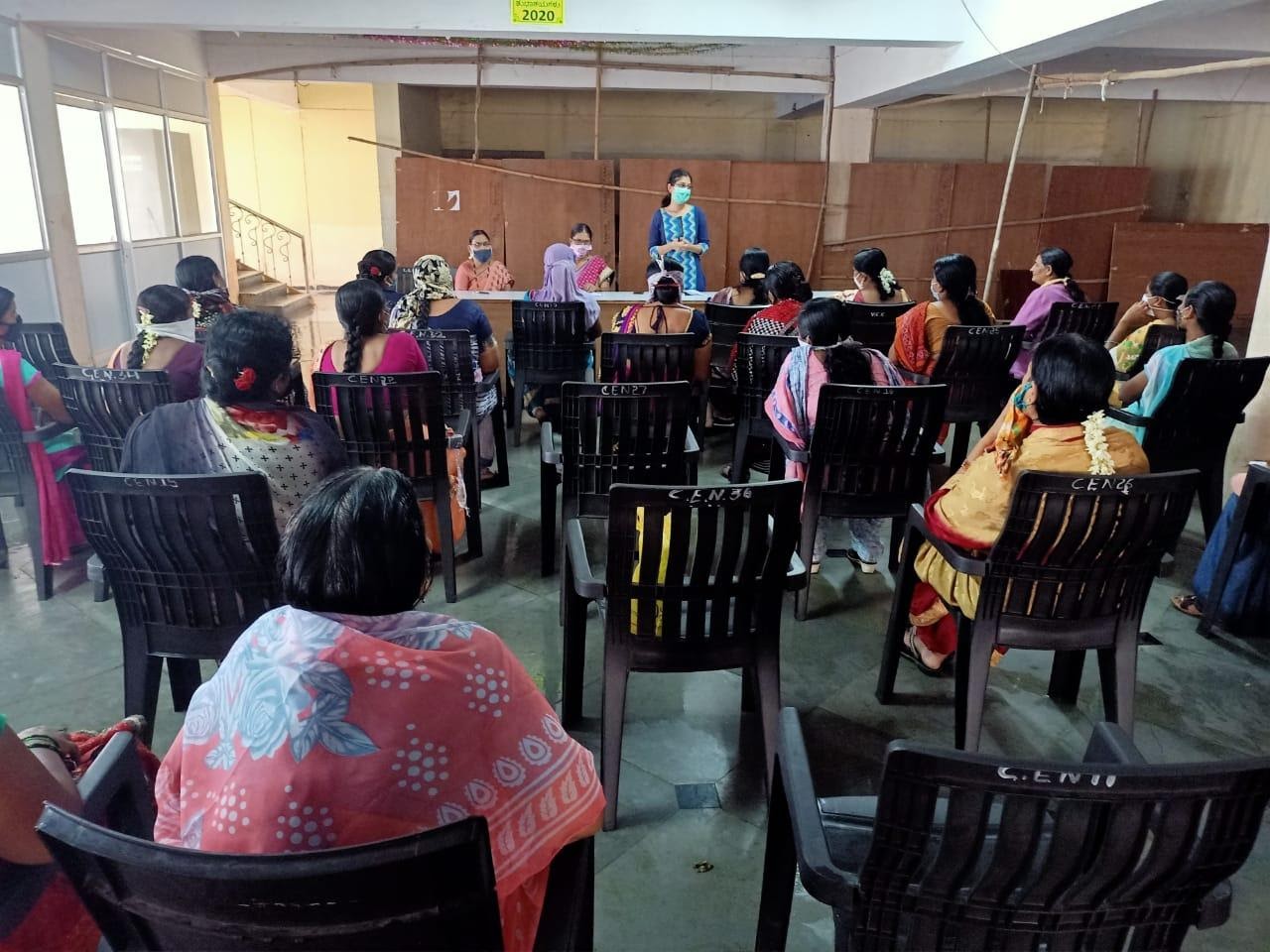


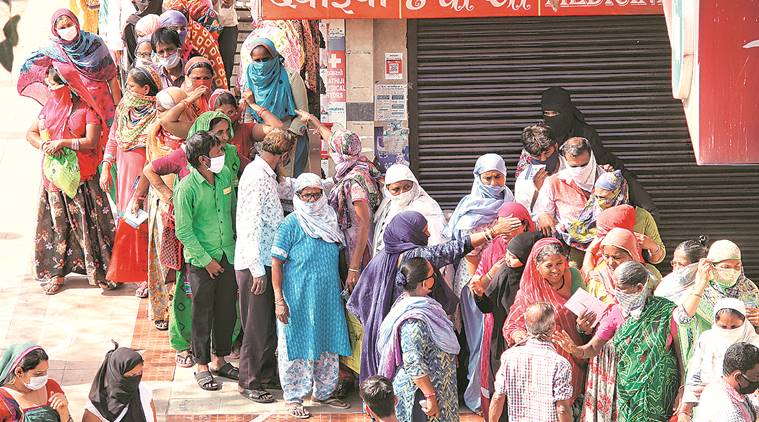

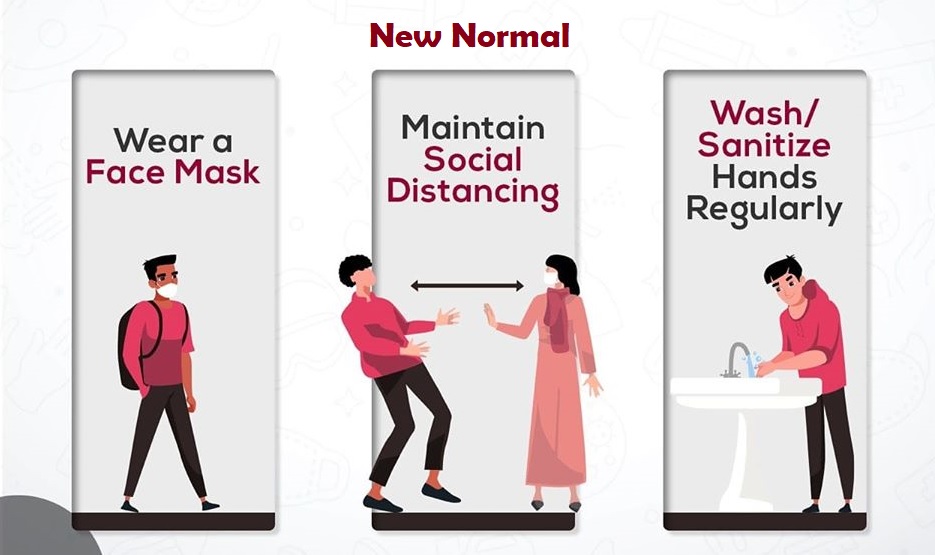



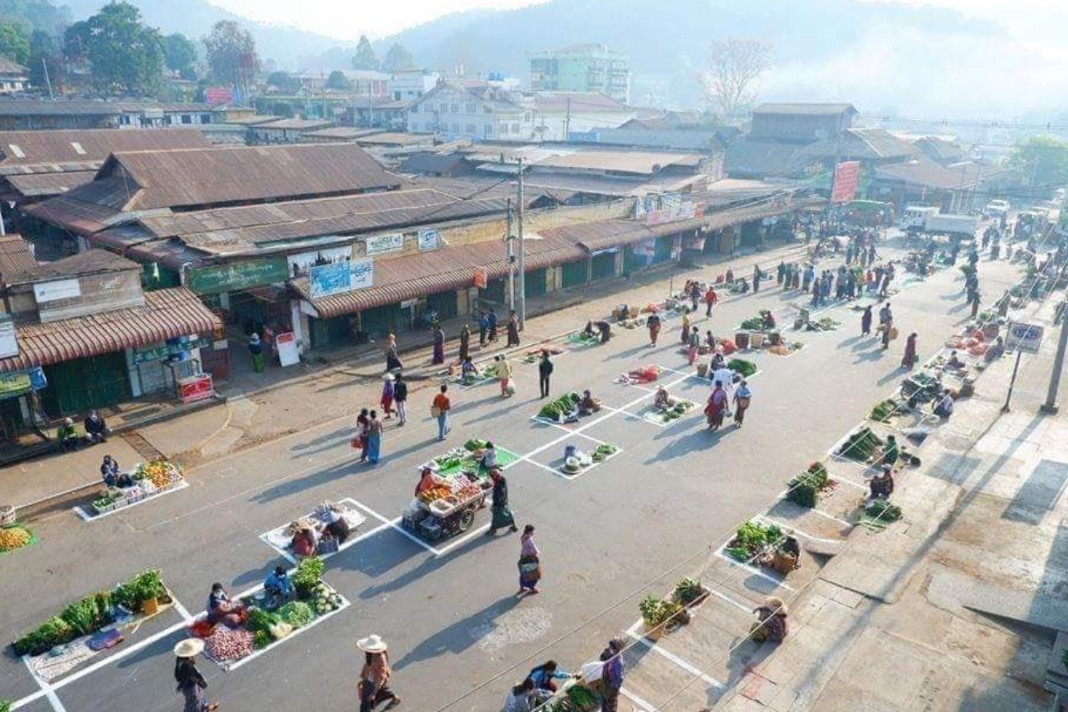

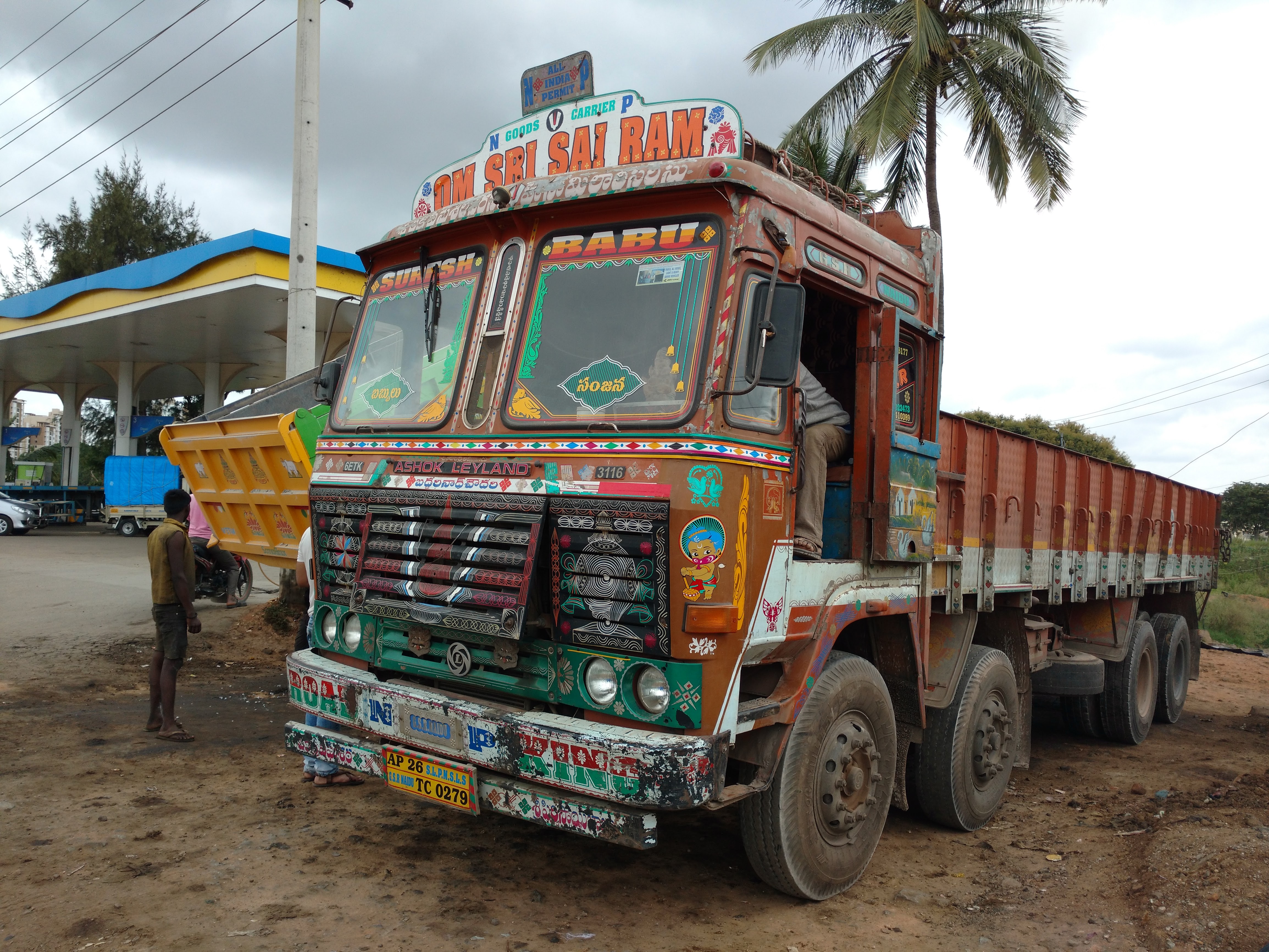

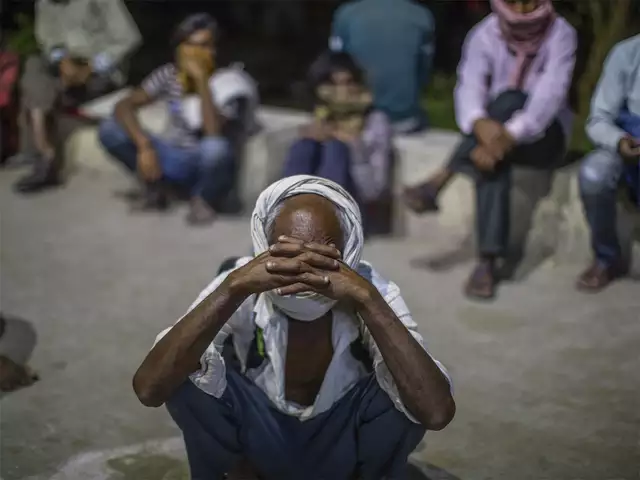

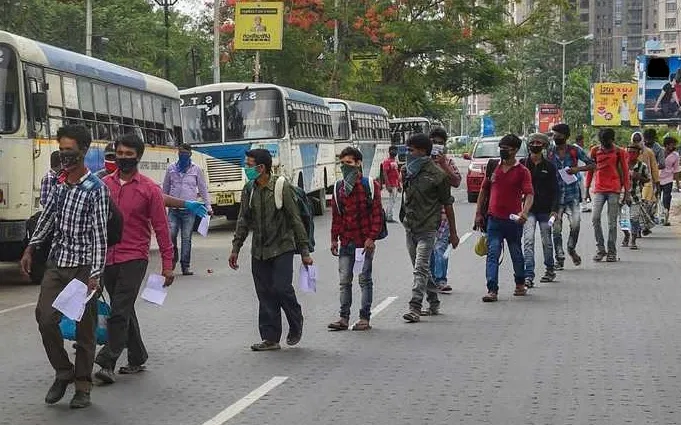



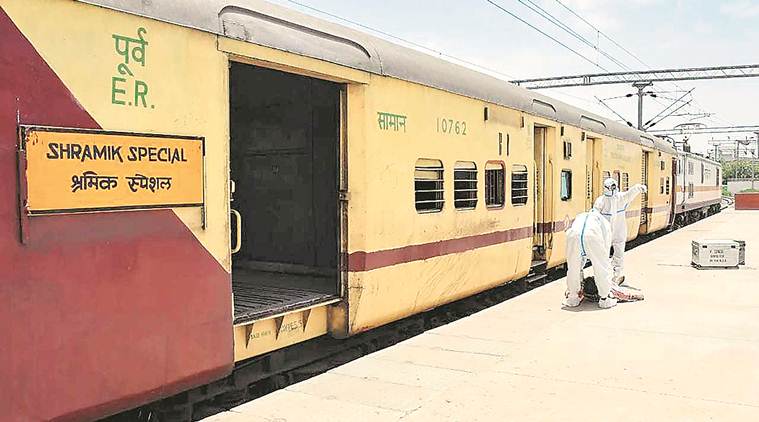




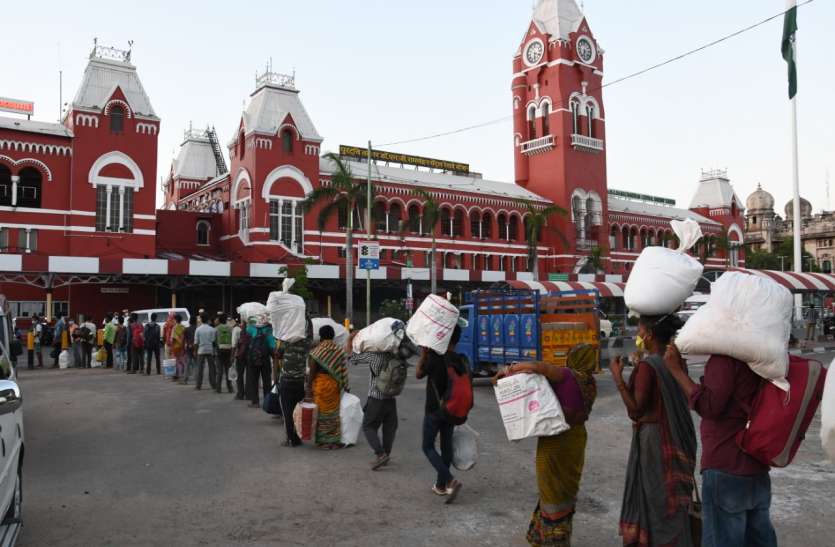
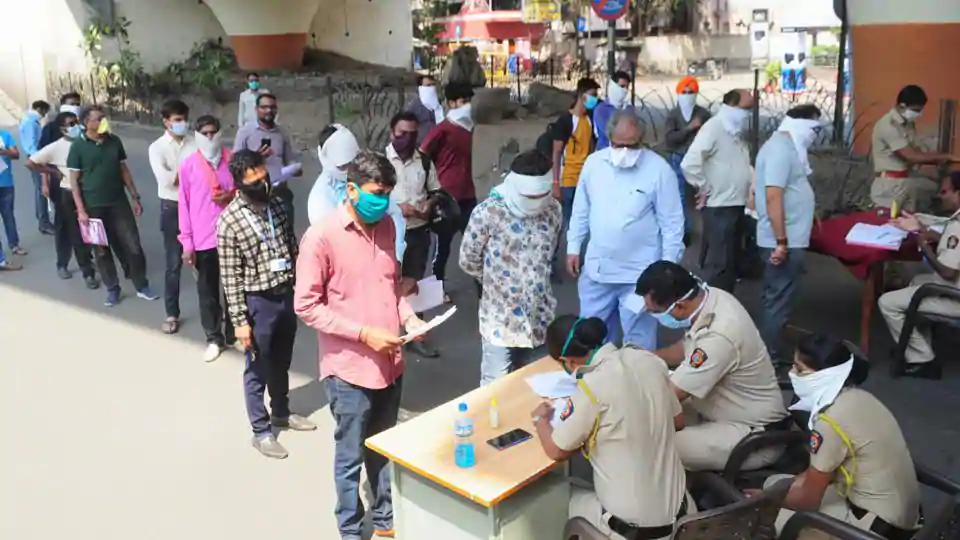
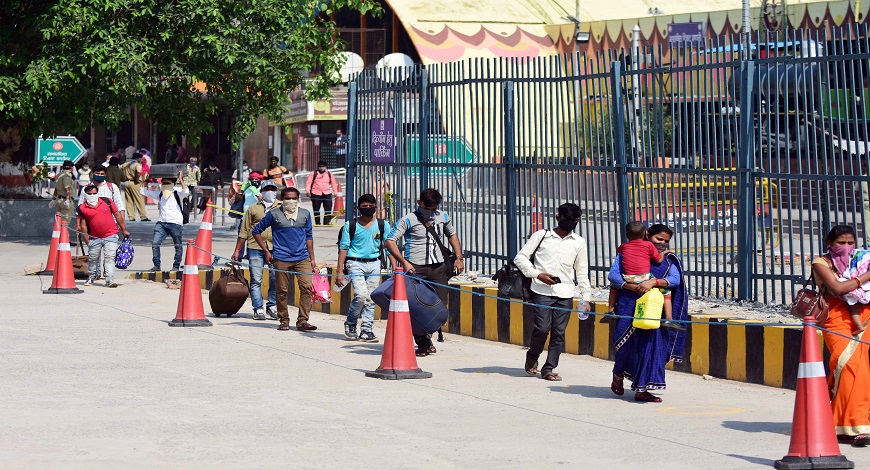
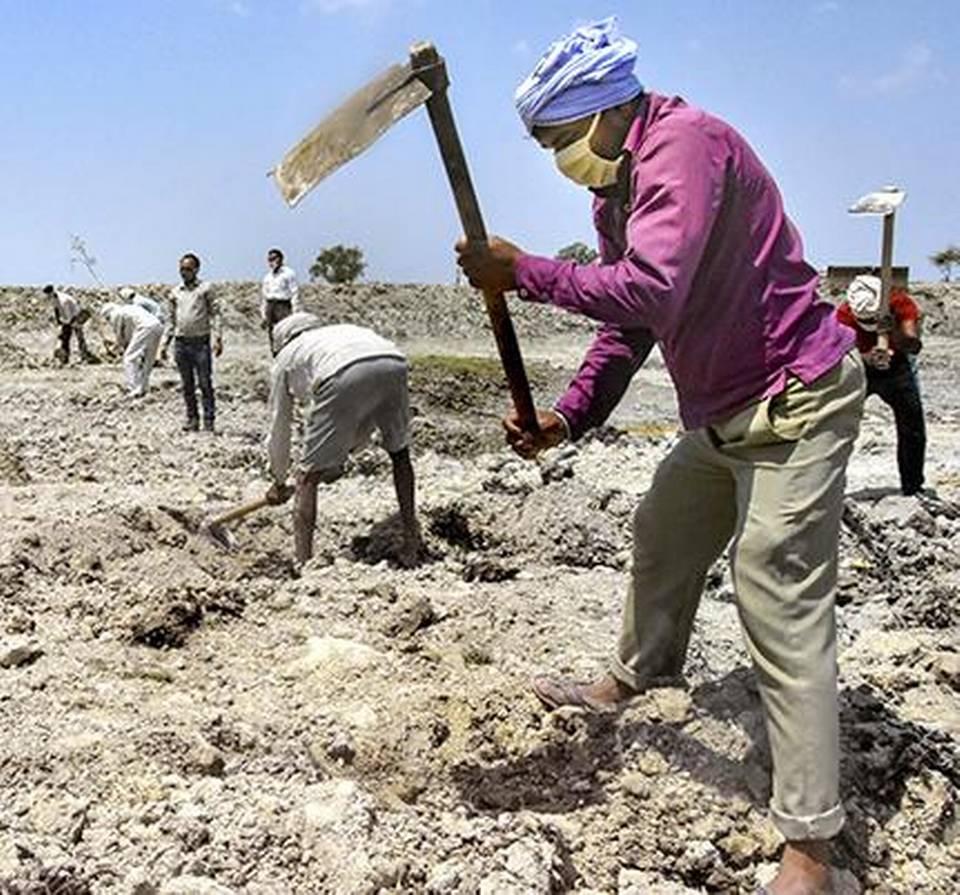
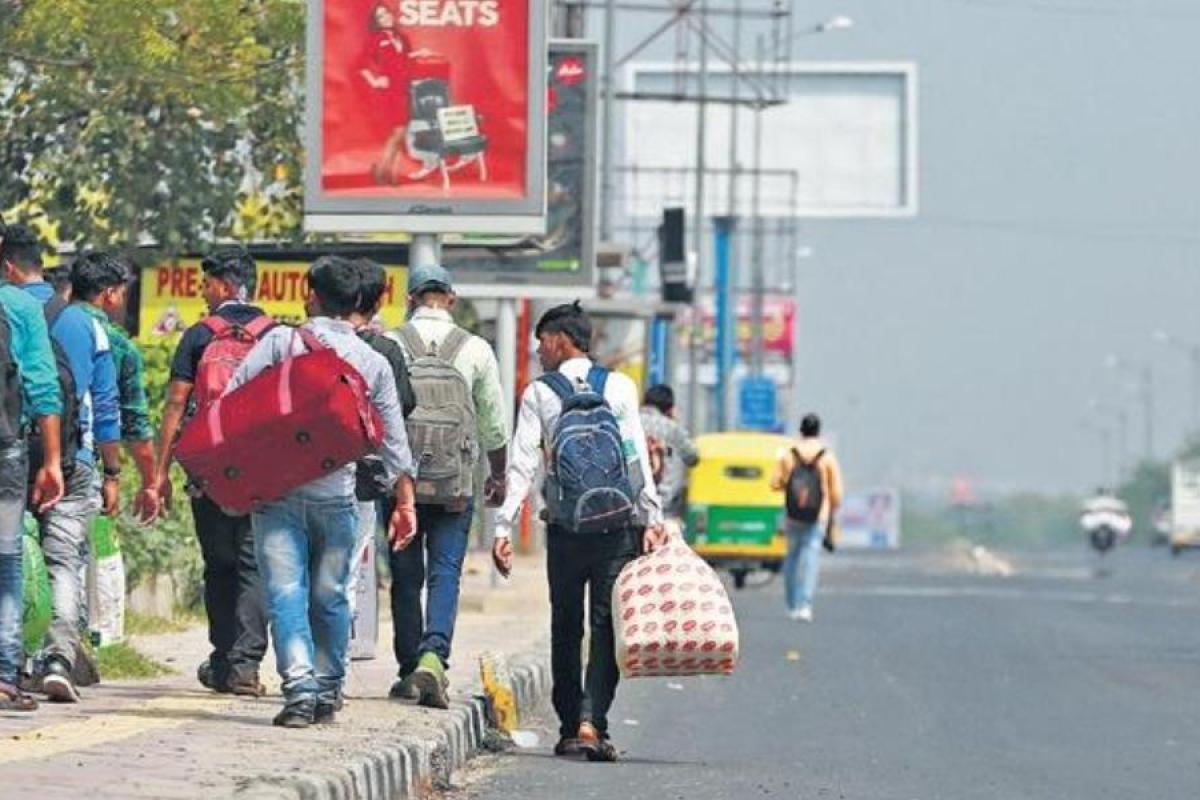
Jazreen Deboo